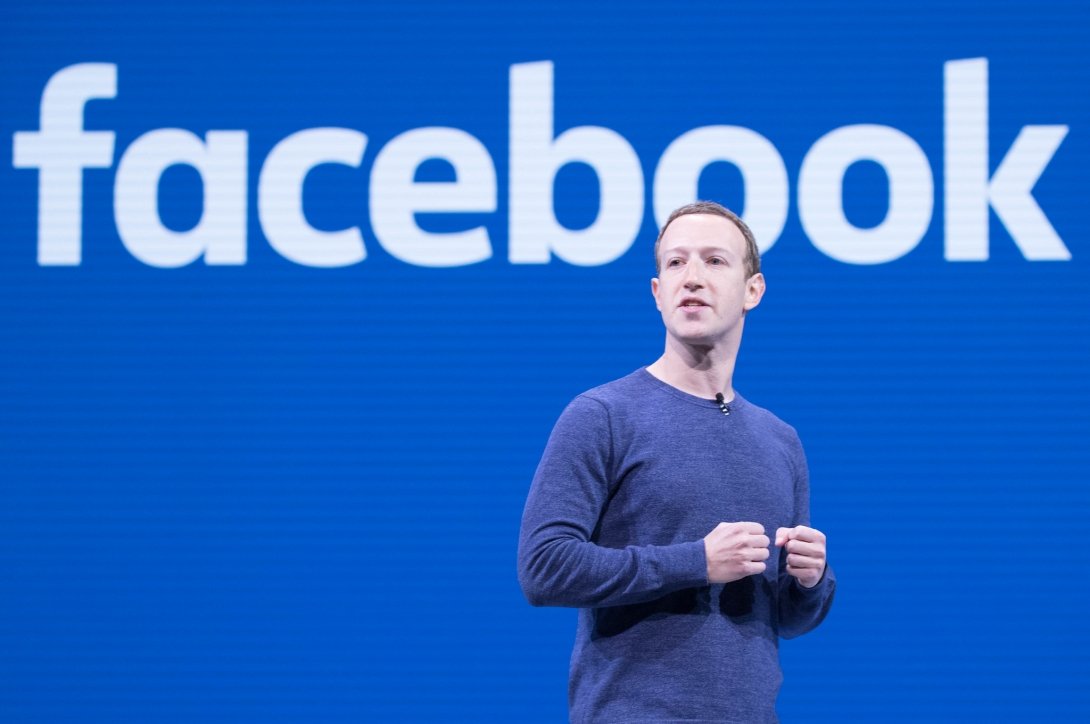Stop Techsploitation

Original photo by Flickr user Anthony Quintano
It’s that time of year again.
Flowers are budding, animals are awakening from their slumber and the CEOs of the largest tech companies in the world are being deposed to Congress to testify about their failures to stop the spread of hate and misinformation.
How … festive.
This Thursday, the House Energy and Commerce Committee is holding a hearing whose title says it all — Disinformation Nation: Social Media’s Role in Promoting Extremism and Misinformation. Once again we will be subjected to hours of grandstanding about alleged anti-conservative bias. We’ll watch rattled representatives process their ongoing examination into the roots of the white-supremacist insurrection at the Capitol on Jan. 6. And we’ll hear the desperate excuses of Facebook’s Mark Zuckerberg, Twitter’s Jack Dorsey and Google’s Sundar Pichai, who will undoubtedly attempt to defend their empires as bastions of free speech and social good.
But here’s what could be different about this hearing and this moment: The Biden administration and the new Congress could actually take action to address these issues for good.
The challenge is figuring out exactly how to do it. Social media and tech platforms are vectors for extremism, racism, misogyny, lies and violence. And it is clear that self-regulation has not worked.
It’s past time for policymakers in Washington to confront the hate-and-lie-for-profit business model of tech platforms. Policymakers must stop allowing companies like Facebook, Twitter and YouTube to operate unchecked.
Online hate speech has translated to real-world violence everywhere from El Paso, Texas, to Christchurch, New Zealand, and the halls of the U.S. Capitol. Disinformation about the global pandemic and public-health issues has spread unabated. Both foreign governments and domestic operatives have used voter-suppression tactics to stop people of color from voting. Bad actors have used the platforms to incite genocide in Myanmar, glorify paramilitary murders in the Philippines and sow distrust between communities everywhere.
So what to do then?
We need to fundamentally reexamine the business model that amplifies the most extreme and hateful speech. Complex problems require complex solutions. We need strategic solutions to meet the multifaceted challenges before us.
Free Press has put together a set of legislative and regulatory solutions that will begin to upend Big Tech’s hate-for-profit business model:
- Adopt comprehensive privacy legislation.
- Pass a data-privacy law that bans the collection of our data, protects our civil rights, stops abusive practices, prohibits algorithmic discrimination and provides for enforcement with real teeth.
- Pass legislation to tax social-media companies for polluting the information ecosystem and direct those monies to support high-quality noncommercial and local journalism.
- A 2-percent tax on the targeted-advertising revenues of the top-10 online platforms would yield more than $2 billion for a national endowment to support journalism that meets the needs of diverse communities.
- Use existing authorities at various government agencies to regulate data collection and algorithmic decision-making in a coordinated fashion.
- Appoint an interagency White House official to coordinate agency study and action on tech companies’ civil-rights violations and other harmful data practices.
- Encourage the Federal Trade Commission to begin rulemaking on harmful data and algorithmic practices.
- Reexamine the algorithm-based business model that promotes the most radical and hateful speech. Incentivize the development of pro-social algorithms and other recommendation mechanisms that do not rely on or exacerbate a hate-for-profit dynamic.
- Encourage bold use of antitrust authorities to stop tech giants’ never-ending acquisition of new firms.
- The Justice Department, Federal Trade Commission and other federal and state enforcement agencies should stop the dominant platforms’ monopoly abuses, collusion and other anti-competitive practices when and where they happen.
If the Biden administration and Congress don’t take these steps, online hate and misinformation will continue to proliferate — endangering people’s lives and undermining our democracy. If you agree, you can send a letter to your lawmakers encouraging them to take action.